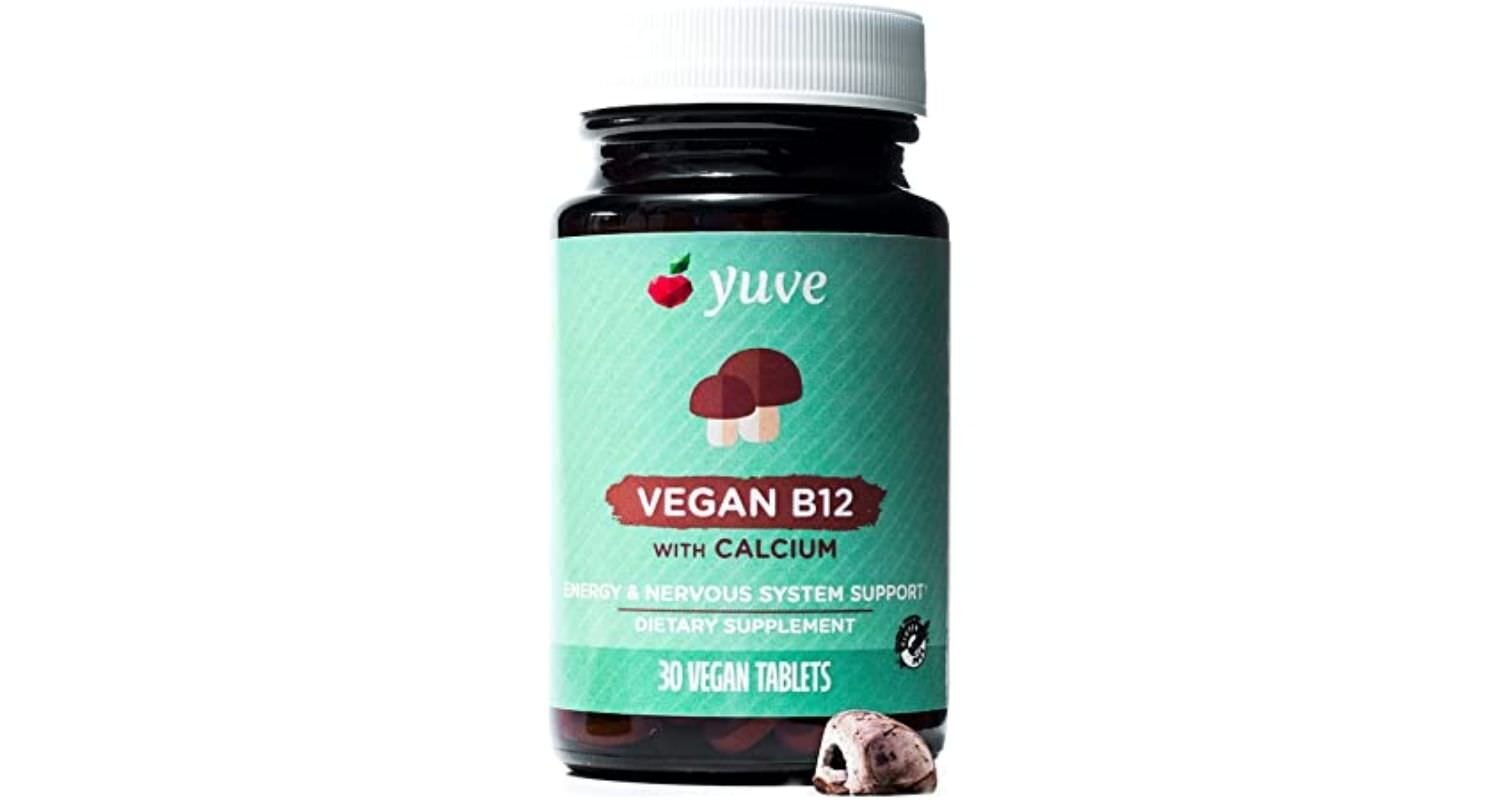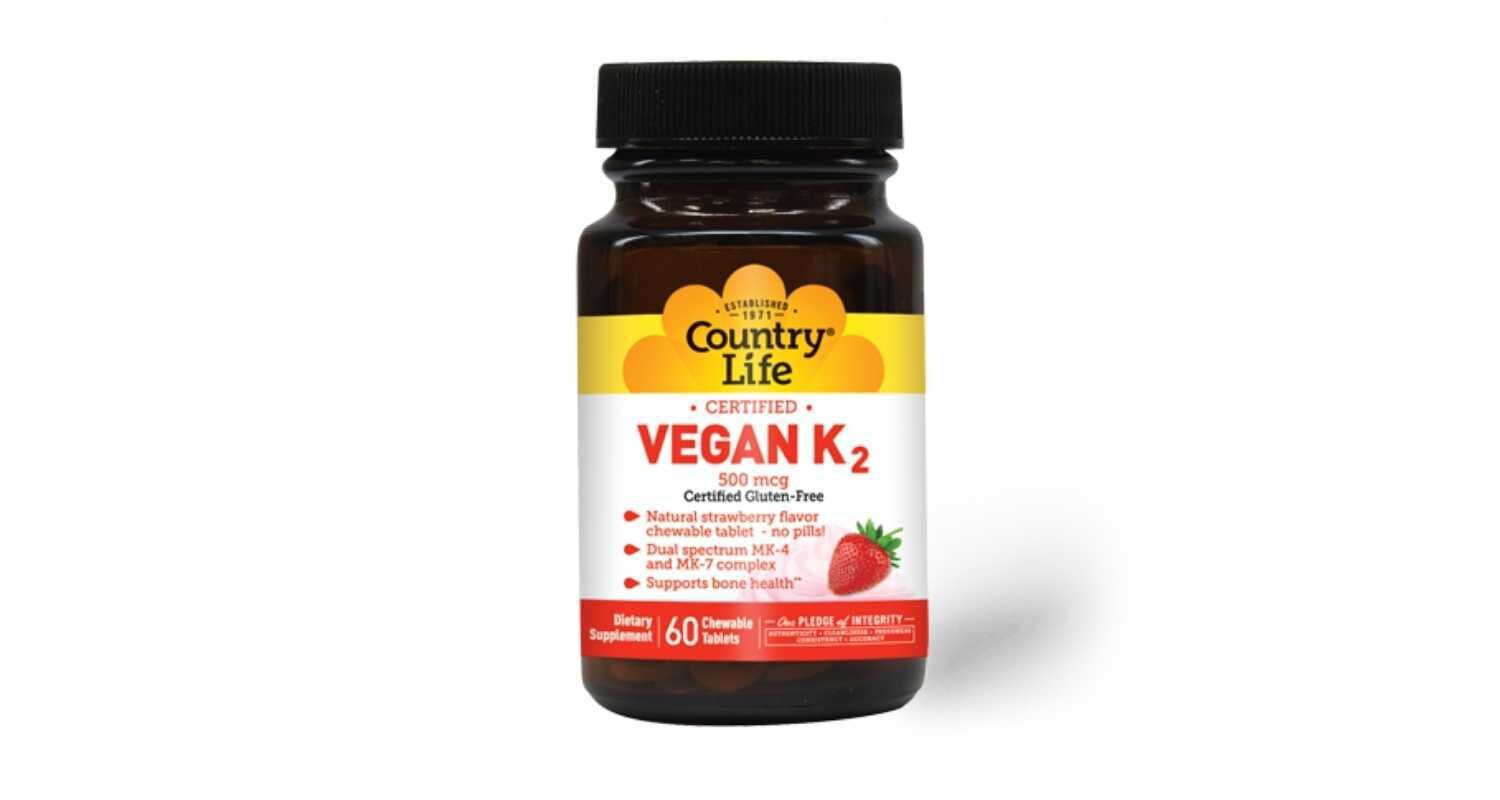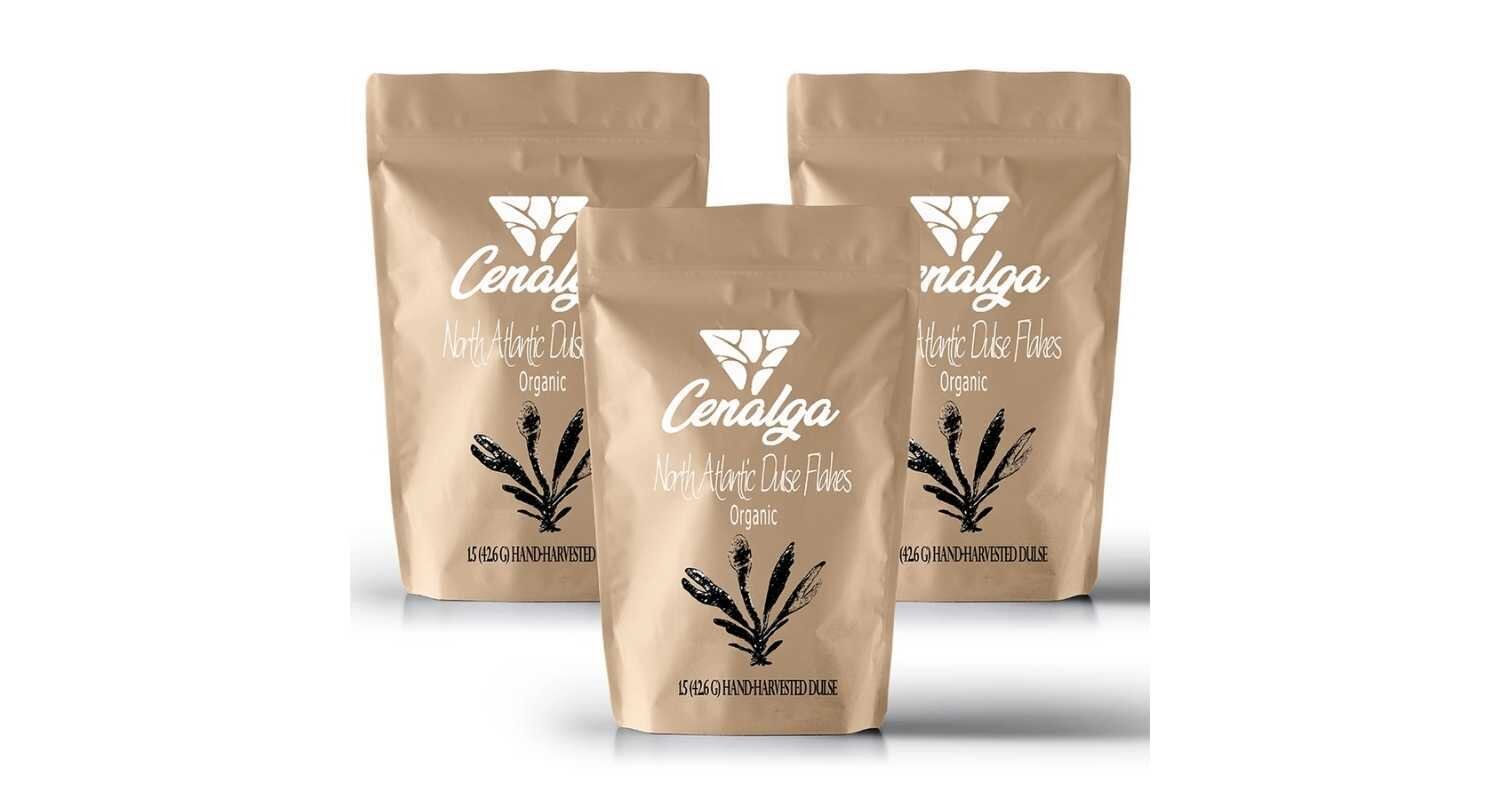Your Complete Guide To Vegan Supplements
A topic that is not discussed nearly enough in the vegan community is supplementation. This could be because there is a misconception that if you need to take supplements on a specific diet, said diet is not natural, and thus, bad for your health.
Although this might make sense theoretically, it’s not true of the vegan/plant-based diet. There are very few essential nutrients you can obtain naturally via animal sources, that you can’t obtain from plants. Even vitamin B12 is not synthesized naturally by animals or plants, but by a bacteria found in the soil and in spring water. Both animals and plant foods must be fortified or supplemented with this vitamin to provide sufficient amounts in our diets. However, interestingly enough, there is one naturally food-based source of vitamin B12, and it is in fact vegan. Water lentils, or duckweed, seem to naturally provide sufficient amounts of vitamin B12, and are now available in whole foods and supplemental form.
In fact, many nutrients found in plants, cannot be found in animal-based foods. These include:
Vitamin C: This is significant because the human body cannot synthesize vitamin C, meaning we absolutely need to consume sufficient levels through our diet. This vitamin is necessary for the biosynthesis of L-carnitine and collagen, and aids in protein metabolism. It also has antioxidant properties, and plays a vital role in wound healing.
Fiber: This is one of the most deficient nutrients (or rather, non-nutrients) in the U.S. Although the minimum daily amount required is only 20-30g a day, most Americans only consume around 15 daily grams of fiber. Fiber regulates sugar levels in the body, as well as our appetite, and insoluble fiber aids in helping food move through the digestive system. Soluble fiber, on the other hand, can help lower blood cholesterol!
Lignans: These polyphenols, found only in plants, and found in particularly abundant levels in flaxseeds, have powerful anti-cancer properties!
Resistant Starch: This compound acts as fiber in the colon, helping our good bacteria produce beneficial short-chain fatty acids, which provide a plethora of health benefits, from immunity to brain health!
Flavonoids: These compounds help improve artery function and lower blood pressure. They’re particularly abundant in apples and spinach.
You may be thinking, if we need nutrients from both animals and plants, isn’t an omnivorous diet the best, most natural choice? In our current world, in which almost no food is produced in a pure, natural way, we believe this is the wrong approach to nutrition. Instead, overall, science-based health and nutrient density should be our main priorities.
For example, we could get our omega-3s naturally from fish (they obtain it from seaweed), but we would also be absorbing plenty of cholesterol, as well as small concentrations of the heavy metals, micro-plastics, and pollutants found in today’s oceans. Likewise, we could obtain our iron from red meat, but we would also be raising or cholesterol levels. Or, we could get our ‘lean’ protein from chicken, although eggs and chicken are the most prevalent source of food poisoning in our modern world.
That’s why a plant-based diet, in many ways, is the best of both worlds. You can obtain all of your nutrients from vegan sources, both from supplementation (to avoid the negatives that come from consuming animal foods) and whole, natural plant-based foods. Not to mention the good you will be doing our planet, as well as the animal suffering you will help to avoid.
Are Supplements Necessary On a Vegan Diet?
If you are on a 100% plant-based or vegan diet, you will need a few supplements. Specifically, vitamin B12 supplementation is a must, simply to maintain regular health throughout all stages of life.
The rest of the nutrients in our list are not necessary to supplement in order to stay healthy on a vegan diet. You can obtain them all by consuming whole, plant foods. The question is whether you are obtaining sufficient amounts for your individual needs through your diet alone. So, supplementing these nutrients—when prescribed by your healthcare provider—can ensure you maintain the levels you need to thrive and achieve optimal health.
Keep reading and find out if, why, how, and through what means to obtain the following nutrients for your vegan lifestyle!
Vitamin B12
If you are vegan, you absolutely need to consume vitamin B12 either from multiple adequate doses from fortified foods or daily/weekly supplementation. The ideal form of B12 supplementation is through cyanocobalamin.
Here are the amounts of vitamin B12 from supplementation you need at each stage of life:
Infants: 5 mcg a day
Ages 4-10: 25 mcg a day
Ages 11-65: 50 mcg a day or 2,000 mcg a week
Ages 65+: 1,000 mcg a day
Pregnancy: 50 mcg a day, split into two halves to boost absorption
If you get B12 from fortified foods, you should aim for 3 servings containing at least 2 mcg of B12 in each food.
For more info on vitamin B12 and vegan diets, click here.
Yuve Vegan B12 Supplement with Calcium
This supplement provides you with 1,000 mcg of cyanocobalamin (the most stable and best suitable form of B12 for oral supplementation). Plus, it includes 103 mg of calcium for even better absorption! Made with natural ingredients and encapsulated in a small-sized, vegan pill, Yuve's vitamin B12 supplement will help boost your energy levels and prevent deficiencies!
Omega-3 or DHA & EPA
Although omega-3s can be found easily in chia seeds, flaxseeds, walnuts, and even seaweed, the amounts they provide are likely insufficient for maintaining brain health long-term. However, it’s worth mentioning that those who get their omega-3s through fish are obtaining them secondhand from seaweed. Why? That’s how fish get their omega-3s! Seaweed is not only one of the most natural sources of omegas; it’s much better for our planet, and loaded with additional micronutrients like iodine, B vitamins, and vitamin K! Additionally, seaweed contains much less mercury and micro-plastics than fish.
So, should you supplement omega-3s? You can consult your doctor about taking an omega-3 supplement, or you can go for a more direct approach. You see, omega-3s are converted into the fatty acids DHA and EPA in our body. However, as we age, our bodies become less efficient in performing this conversion. So, to be sure we're obtaining sufficient amounts to maintain our brain health, experts recommend we go for a vegan DHA & EPA supplement, instead!
Here are the amounts of omega-3s you need at each stage of life:
|
Ages |
male at birth |
female at birth |
|
0-12 months |
0.5g |
0.5g |
|
1-3 years |
0.7g |
0.7g |
|
4-8 years |
0.9g |
0.9g |
|
9-13 years |
1.2g |
1g |
|
14+ years |
1.6g |
1.1g |
|
Pregnancy |
1.4g |
|
|
Lactation |
1.3g |
Our Choice: Sports Research Vegan Omega-3
You can obtain 210 mg of algae-derived EPA and 420 mg DHA with this daily vegan and non-GMO supplement. Skip the ocean contaminants, toxins, and impurities with these sustainable and algae-based omega-3s!
Vitamin D2 or D3
Although vitamin D3, obtained from animal sources (and in supplemental form, from sheep wool), seems to be slightly more bioavailable than vitamin D2, obtained from plant sources like mushrooms, both are acceptable sources of vitamin D. However, vitamin D3 is available in vegan form, in certain supplements. That’s because in supplemental form, it can be obtained from lichen!
Should you supplement vitamin D3? Well, if for some reason you do not get much exposure to sunlight (for example, if the area where you live has mostly cloudy or cold weather), you may want to supplement this essential nutrient in order to maintain proper bone health, if prescribed by your health care provider.
Here are the amounts of vitamin D you need at each stage of life:
0-12 months: 10 mcg or 400 IU
Ages 1-70: 15 mcg or 600 IU
Ages 70+: 20 mcg or 800 IU
Pregnancy & Lactation: 15 mcg or 600 IU
Our Choice: Naturelo Vegan Vitamin D3
This vitamin D3 supplement is totally plant-based! It’s sustainably sourced from wild-harvested lichen and provides 125 mcg or 5000 IU in just one daily capsule. Again, is this too much? Research has shown that 60,000 IU vitamin D over several months can cause toxicity—much higher than the amount provided in this supplement!
Vitamin K2
While vitamin K1 is abundant in plants, vitamin K2 is very difficult to come across in plant foods. However, it appears to be available in sufficient amounts in fermented foods like natto and sauerkraut. Up until recently, the lack of vitamin K2 in most vegan and vegetarian diets was not seen as an issue, since most physicians agreed that both K1 (phylloquinone) and K2 (menaquinone or MK-7) were perfectly acceptable sources of vitamin K.
However, an emerging study has found that vegans and vegetarians who did not supplement vitamin K2 had a higher risk of bone fracture. In fact, the risk seemed to be 43% higher in vegans who did not supplement this nutrient.
That being said, should you take a vitamin K2 supplement as a vegan? It may be a good idea to consult possible vitamin K2 supplementation with your doctor, since this nutrient appears to aid in calcium storage. So basically, it tells the calcium where to go. In a recent study, postmenopausal women who took a vitamin K2 supplement regularly for 3 years experienced decreased bone loss and decreased bone mineral decline, compared to the placebo group.
Unfortunately, because all of this information is so new, there are currently no official daily recommended amounts listed specifically for vitamin K2. However, experts recommend at least 100 mcg a day, which nowadays (at a time when K2-rich foods like liver and sauerkraut are no longer widely consumed) would be most easily obtained through supplementation, regardless of your diet.
Our Choice: Country Life Vegan K2
These chewable tablets offer 500 mcg of 100% vegan, non-GMO, and gluten free vitamin K2 (MK-4 and MK-7). In addition, the packaging is recyclable, and each tablet is strawberry-flavored! Again, is 500 mcg too much? There is currently no upper limit for your vitamin K2 intake, since there have been no reports of any adverse effects from taking this nutrient in excess via food or supplements.
Iodine
This nutrient is essential for maintaining regular thyroid function, since it’s a component of hormones thyroxine and triiodothyronine. These thryoid hormones regulate protein synthesis and aid in proper skeletal and CNS development in infants, among other functions.
So, if you are vegan, should you be supplementing iodine? After all, can’t we obtain enough through salt? It turns out salt is not a great source of iodine, simply because it’s so detrimental to your health. In fact, high salt intake is associated with a higher risk of both cardiovascular and total mortality! A superior plant source is sea vegetables. Here’s how much of any one of these sea vegetable sources you could consume each day to ensure adequate iodine levels:
Arame: 1 tsp.
Wakame: 1 tbsp.
Nori: 2 sheets
Dulse Flakes: 1 tsp.
Our Choice: Cenalga North Atlantic Dulse Flakes
Sustainably sourced and hand-harvested from the Gulf of Maine, these organic dulse flakes are vegan-certified, and are an excellent source of iodine, B vitamins, and vitamin E! They also come in eco-friendly packaging, and Cenalga is careful to leave plenty of plants behind for regeneration.
Iron
While there are plenty of vegan sources of iron, plant iron differs from animal-based iron. Heme iron, found in meat, is more similar to the kind found in our bodies, which makes it more bioavailable. So, heme iron is more easily absorbed by the body (4-9% difference), and up to 78% of the iron found in meat is heme iron. Meanwhile, plants contain non-heme iron. This is why getting enough of this essential nutrient on a vegan diet can be challenging for some; especially for women.
Nuts and seeds seem to be the richest plant source of iron. However, they are also high in fat and calories, so should be consumed with moderation. Other great sources are legumes, dried fruit, dulse flakes, and iron-fortified foods. If, based on this information, you are considering supplementing iron, it’s crucial that you do so under the guidance of a medical professional.
Here are the amounts of iron you need at each stage of life:
|
Ages |
male at birth |
female at birth |
|
0-6 months |
0.27 mg |
0.27 mg |
|
7-12 months |
11 mg |
11 mg |
|
1-3 years |
7 mg |
7 mg |
|
4-8 years |
10 mg |
10 mg |
|
9-13 years |
8 mg |
8 mg |
|
14-18 years |
11 mg |
15 mg |
|
19-50 years |
8 mg |
18 mg |
|
51+ years |
8 mg |
8 mg |
|
Pregnancy |
27 mg |
|
|
Lactation |
10 mg |
For more info on how to obtain enough iron on a vegan diet, check out our complete vegan iron guide here.
Calcium
If you aren’t a fan of leafy greens, nuts, and seeds, which are rich in plant-based calcium, you may consider taking a calcium supplement. However, this is not the best method of obtaining calcium, and can be risky. In fact, calcium supplements have been shown to increase heart attack risk! So, instead of supplementation, since calcium is so widely available in plant foods, you may prefer to simply find ways to enjoy calcium-rich plant foods like bok choy, almonds, tofu, or drink more calcium-fortified plant milk.
Here are the amounts of calcium you need at each stage of life:
|
Ages |
male at birth |
female at birth |
|
0-6 months |
200 mg |
200 mg |
|
7-12 months |
260 mg |
260 mg |
|
1-3 years |
700 mg |
700 mg |
|
4-8 years |
1,000 mg |
1,000 mg |
|
9-18 years |
1,300 mg |
1,300 mg |
|
19-50 years |
1,000 mg |
1,000 mg |
|
51-70 years |
1,000 mg |
1,200 mg |
|
71+ years |
1,200 mg |
1,200 mg |
|
Pregnancy & Lactation (ages 14-18) |
1,300 mg |
|
|
Pregnancy & Lactation (ages 19-50) |
1,000 mg |
For more information on how to obtain adequate amounts of calcium on your plant-based diet, check out our vegan calcium guide here!
We’re so glad you made it this far! As long as you’re enjoying a diverse plant-based diet, including all food groups in adequate portions—nuts, seeds, legumes, vegetables, fruits, and whole grains—your should now be equipped to obtain all of your essential nutrients on a vegan diet! If there are any nutrients you think should be added to our list, make sure to leave us a comment below. Thank you for caring for the animals and our planet, and we wish you great health throughout your vegan journey!










